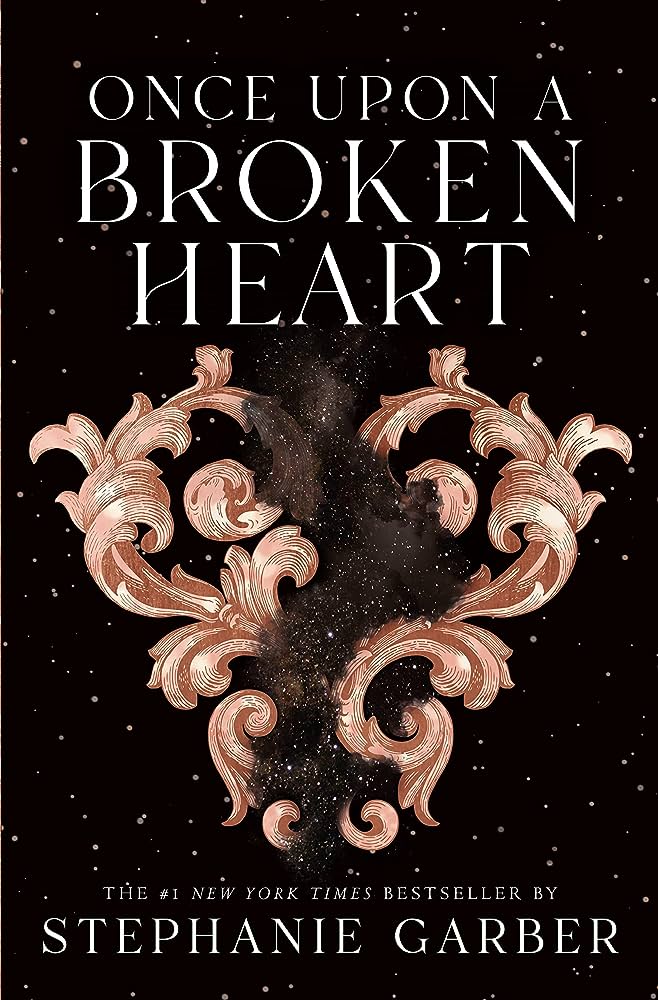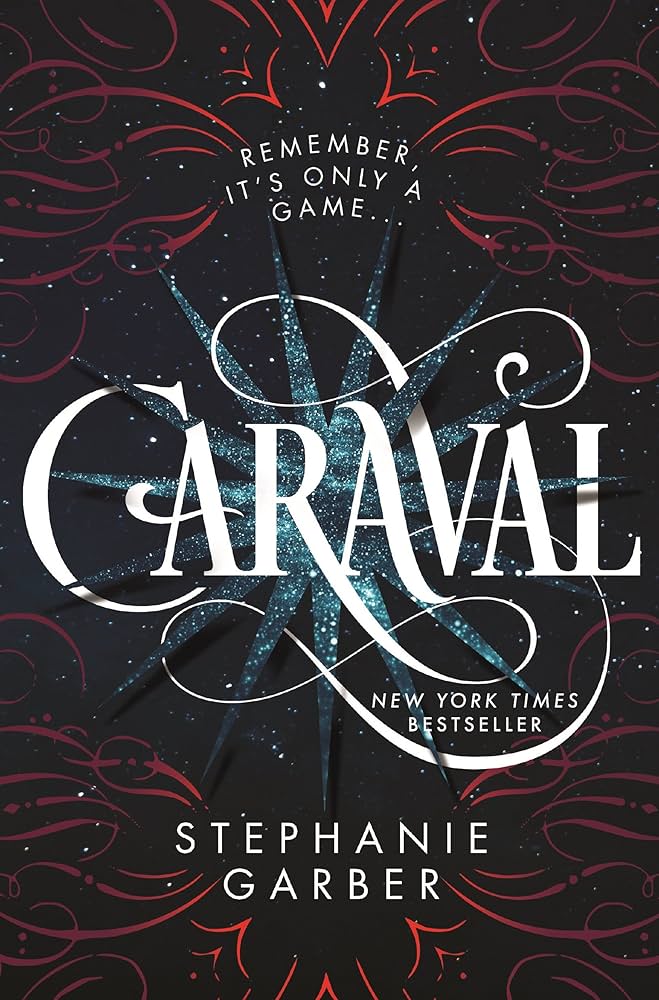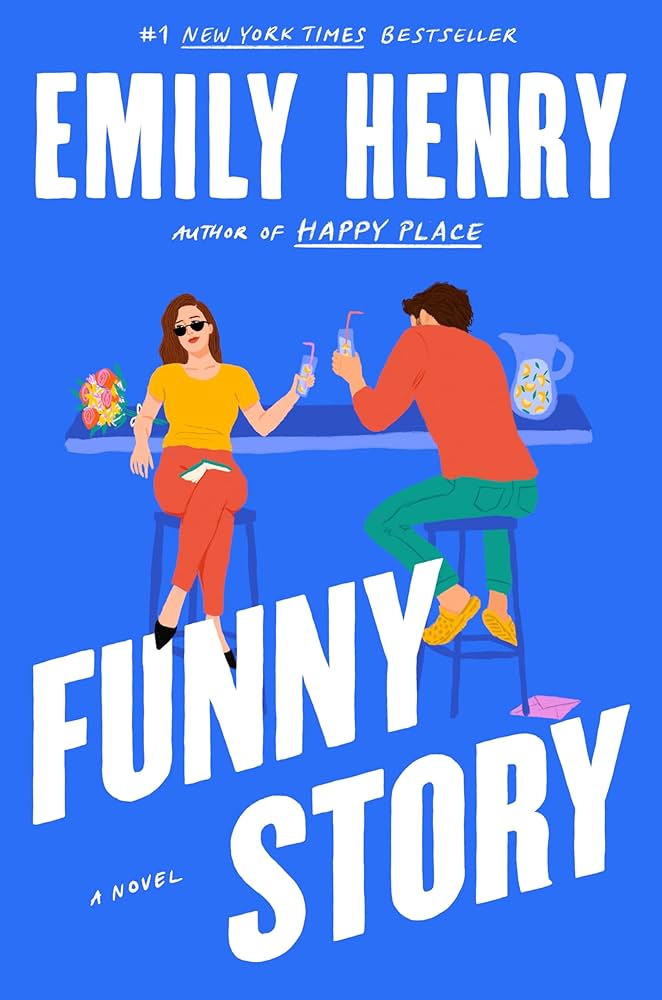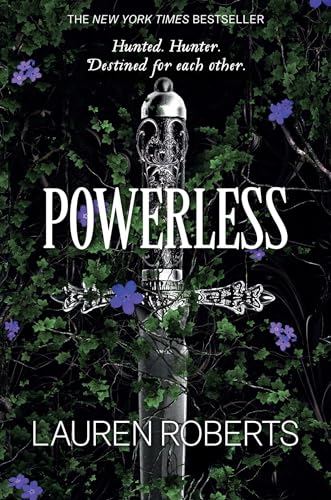Here I present the remarkable author, Nancy Crochiere, whose literary prowess has earned her well-deserved acclaim. I am privileged and excited to have the honor of interviewing her. Get ready to embark on an awe-inspiring and profound journey as we delve into the creative mind of this exceptional wordsmith. Nancy Crochiere’s work is a testament to her exceptional talent, leaving a lasting impression on readers worldwide. Join me as we explore the depths of her imagination and unravel the magic behind her captivating narratives.
Introducing Nancy Crochiere, a talented author whose creative brilliance shines through her captivating work, “Graceland.” With an iate ability to craft rich narratives that enthrall readers, Nancy weaves a tale that transports us to a world of intrigue, emotion, and unforgettable characters. Join us as we embark on a literary journey guided by the pen of Nancy Crochier, exploring the depths of “Graceland” and discovering the magic that lies within its pages. Praised by bestselling author Liane Moriarty as “a sparkling, warmhearted, witty debut,” Nancy Crochiere’s novel Graceland (HarperCollins, 2023) was named a Best Book of Spring by BookBub, a book-of-the-week by Women’s World, and a top summer read by Parade and Deep South Magazine. Graceland was also the July book club pick for PopSugar and actress Raegan Revord’s Read with Raegan. Prior to writing fiction, Nancy chronicled the ups and downs of family life—including her obsession with George Clooney—in her humorous newspaper column, “The Mother Load.” In her free time, Nancy acts as an extra in feature films and TV shows. We are diving into the creative mind of Nancy Crochiere, exploring the inspiration behind her writing and the impact of her powerful narratives on her readers. Get ready to embark on an enlightening journey through the pages of “Graceland” and discover the brilliance of Nancy Crochiere’s literary prowess.
Introduction:
C.A: Could you please introduce yourself and tell us a bit about your writing background? What inspired you to become a writer, and how did your writing journey begin?
Nancy: I decided to become a writer after my fifth-grade teacher praised a poem I’d written called “A Thermometer’s View of Winter.” Mrs. Baevsky told me I should be a writer, and that sounded good to me since I already loved reading. I made it my goal to be an author someday. It took me a while to reach that goal. After college, I worked in publishing and did freelance writing on the side for newspapers and magazines. Eventually, I had two daughters, and while they were growing up, I wrote a humor column about family life. Finally, when my daughters were grown, I decided it was time to pursue my lifelong dream and write a novel.
Creative Process:
C.A: Could you share a glimpse into your creative process? How do you approach developing ideas and turning them into stories? Do you have any specific rituals or habits that help you get into the writing zone?
Nancy: Like most writers, I scribble a lot of things in notebooks. Some scribblings are good, and some are horrible, so about half of what I write gets crossed out or tossed into the recycle bin. Then I take the good ideas and rework, rework, rework. For me, editing is the key. I’ll come back to the same page and rewrite it many times.
Writing Influences:
C.A: Who are some of your favorite authors or literary influences, and how have they shaped your own writing style? Are there any books or works that have had a profound impact on your writing career?
Nancy: There are so many writers I admire. I love Richard Russo, whose novel Straight Man is both literary and comic. And Gabrielle Zevin’s book The Storied Life of A. J. Fikry was influential for me because it was humorous, but treated tough topics in a way I greatly admired. I wanted to write in a humorous style while not shying away from serious issues.
Overcoming Challenges:
C.A: What challenges have you faced as a writer, and how did you overcome them? How do you handle writer’s block or periods of self-doubt?
Nancy: My biggest writing challenge is simply keeping my butt in a chair to write. I tend to procrastinate; my house is never clean and organized as when I’m trying to write. To overcome this, I create deadlines. I’m always taking writing classes or workshopping with a writing group because having that accountability forces me to finish what I’m working on.
Character Development:
C.A: How do you approach developing compelling and relatable characters in your stories? Are there any strategies or exercises you use to ensure your characters feel authentic and three-dimensional?
Nancy: When I’m trying to flesh out my characters, I pretend to interview them and find out more about them, like what their favorite band is, what food they hate, what nervous habits they wish they could get rid of. I believe characters should be complex enough to have contradictions in their natures. They should surprise us sometimes.
Creative Inspiration:
C.A: Where do you find inspiration for your stories? Are there any specific themes or topics you enjoy exploring in your writing?
Nancy: I enjoy writing about family relationships. My novel Graceland is a multigenerational story of a mother, daughter, and grandmother on a road trip to Memphis. The three women are at odds with one another but long for a better coection. It’s a story of forgiveness and grace, and I’m particularly drawn to those themes.
Personal Reflection:
C.A: Is there a particular book or project you are most proud of? Could you share the story behind it? What is the most rewarding aspect of being a writer for you?
Nancy: It took me eight years to write Graceland, from the time I typed the first words to when the book was published. I’m proud of the persistence it took to carry on through the ups and downs of that process. The most rewarding aspect of being a writer for me is having people tell me that they couldn’t put the book down, or couldn’t wait to get back to reading it.
Editing and Revision:
C.A: How important do you think the editing and revision process is for a writer? Could you share your approach to editing your own work? Do you have any suggestions for writers on how to improve their editing skills?
Nancy: Editing and revision are crucial to good writing. I’m an obsessive editor, always tightening my prose. It’s a great exercise for writers to see just how many words they can cut from a paragraph and still convey the same information. Ideas are almost always conveyed more powerfully in fewer words.
Publishing and Marketing:
C.A: What has been your experience with the publishing industry? Any advice for aspiring authors on finding agents or publishers? How do you navigate the world of book marketing and promotion? Any tips for authors looking to build their audience?
Nancy: It can take time to find an agent. I suggest aspiring authors ask experienced people to critique their query letters. And be persistent. Don’t give up after querying twenty agents; it can take eighty.
Advice for Budding Writers:
C.A: What advice would you give to aspiring authors who are just starting their writing journey? How do you handle rejection and criticism in the publishing world?
Nancy: I strongly believe in writing groups, writing classes, and critique groups. We can’t see our own work clearly; we need to let others read it and tell us when they feel confused or where the work is dragging. Some people are afraid of feedback but—if given correctly—it’s the best way to improve.
Favorite Quote:
C.A: What’s your favorite quote that keeps you going in life?
Nancy: “Always be kind. Have a good attitude. Never give up.” – Walter Swan
Future Projects:
C.A: Could you give us a sneak peek into any upcoming projects or books you’re currently working on? Is there anything else you would like to share with our readers and aspiring writers?
Nancy: I’m working on a second novel but not ready to talk about it yet. It will be in the same style asGraceland—humorous with some page-turning elements of suspense and romance.





